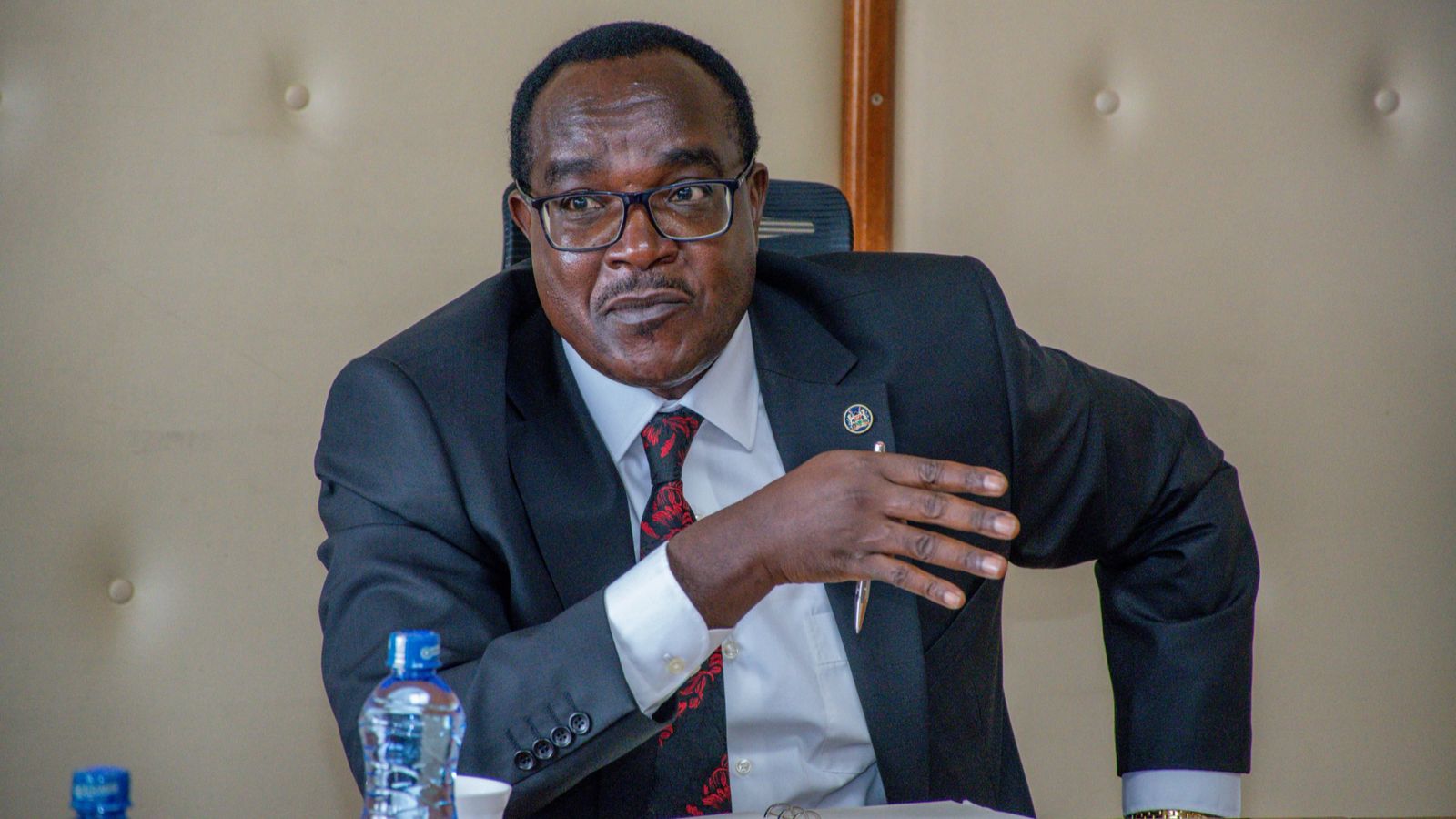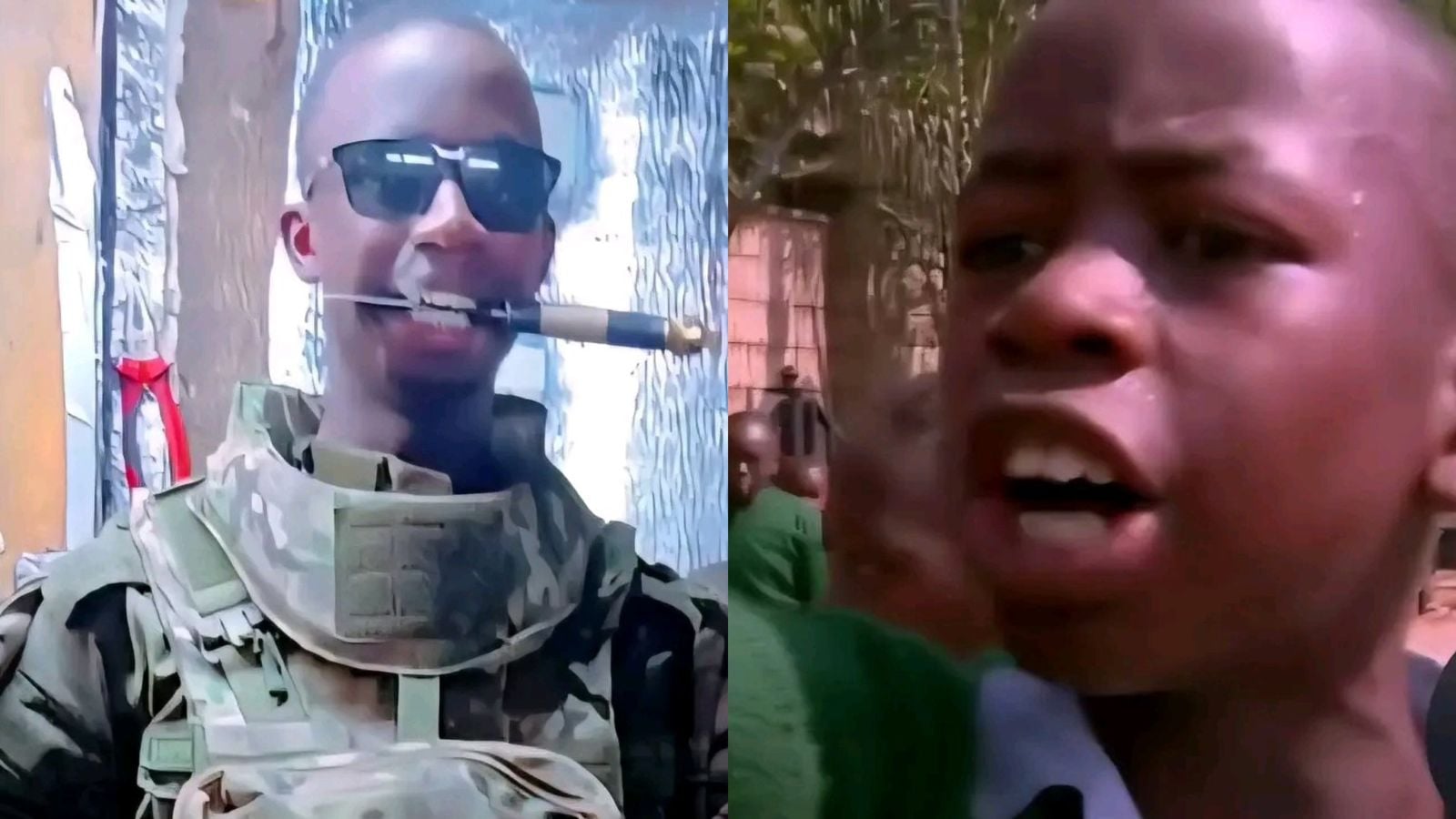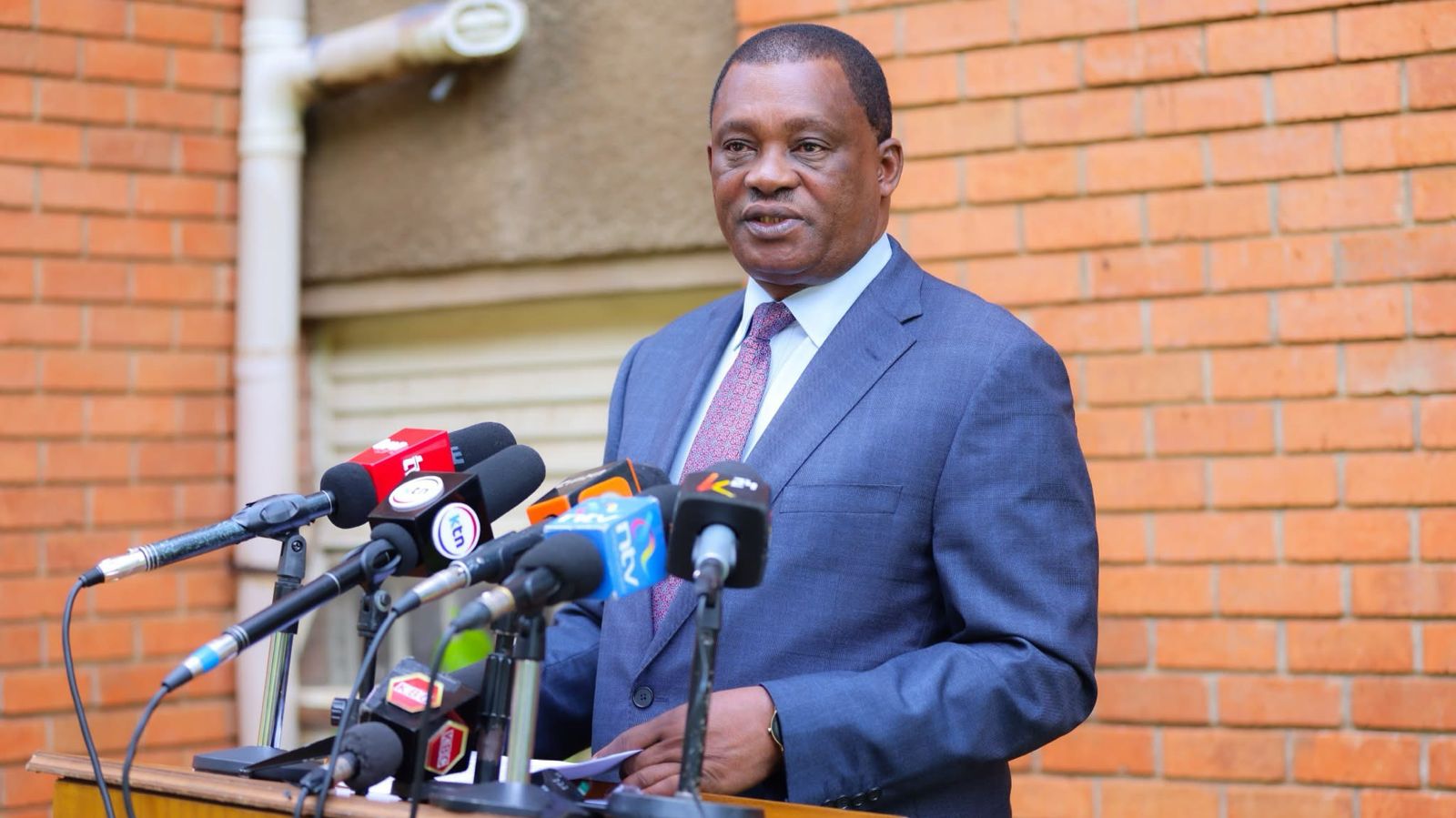The Kenya Union of Post-Primary Education Teachers (KUPPET) has demanded immediate arrests and prosecution of individuals involved in the ghost students scandal that has rocked the education sector.
KUPPET Executive Secretary Zablon Awange, speaking on Monday, September 22, challenged Education Cabinet Secretary Julius Ogamba to move beyond media statements and take concrete action against those responsible for defrauding the government through fictitious student enrollments.
"Let the minister or the CS education walk the talk, merely complaining in the media that there are over 50,000 ghost students. Let the culprits be arrested. Let them be arraigned in court. They are not ghosts. They are real people. They are real crooks. They can be arrested," Awange stated.
The union leader emphasized that those involved in the scheme, including individuals who processed payments and transferred funds to schools with inflated enrollments, must be held accountable for their actions.
"The person who posted the money in those areas, who wired those money, also must have something to explain," he added.
Read More
Awange's remarks come amid growing calls for accountability following revelations by the Ministry of Education about widespread enrollment fraud in secondary schools across the country.
The education ministry recently disclosed that verification exercises have uncovered more than 50,000 ghost students in secondary institutions, with the audit covering only half of all schools nationwide.
Basic Education Principal Secretary Julius Bitok revealed to the National Assembly Education Committee that the scale of the problem was far greater than initially anticipated.

During his appearance before parliamentary education committee members, Bitok indicated that discrepancies had emerged when cross-checking enrollment data from various sources, including the National Education Management Information System, school administrators, and sub-county education directors.
"In secondary schools, we have found that more than 50,000 students were ghost students, and we are only at 50% of verification," the Principal Secretary had stated, highlighting concerns over manipulated enrollment figures and potential misappropriation of government resources.
The PS noted that while preliminary assessments suggested the ghost student problem was most prevalent in secondary schools, investigations into primary and junior secondary institutions were ongoing.
Beyond the ghost students scandal, Awange used the platform to advocate for administrative reforms in the Junior Secondary School (JSS) system, calling for complete autonomy from primary school management.
"Let JSS be autonomous from the primary section. Already, the autonomy that exists is in terms of uniformity. The girls wear skirts, and the boys wear trousers. That is not sufficient," he argued.
The KUPPET leader demanded comprehensive independence for junior secondary schools, including administrative, financial, co-curricular, and staffing autonomy for the education sector.


-1771490311.png)

-1771488677.png)

